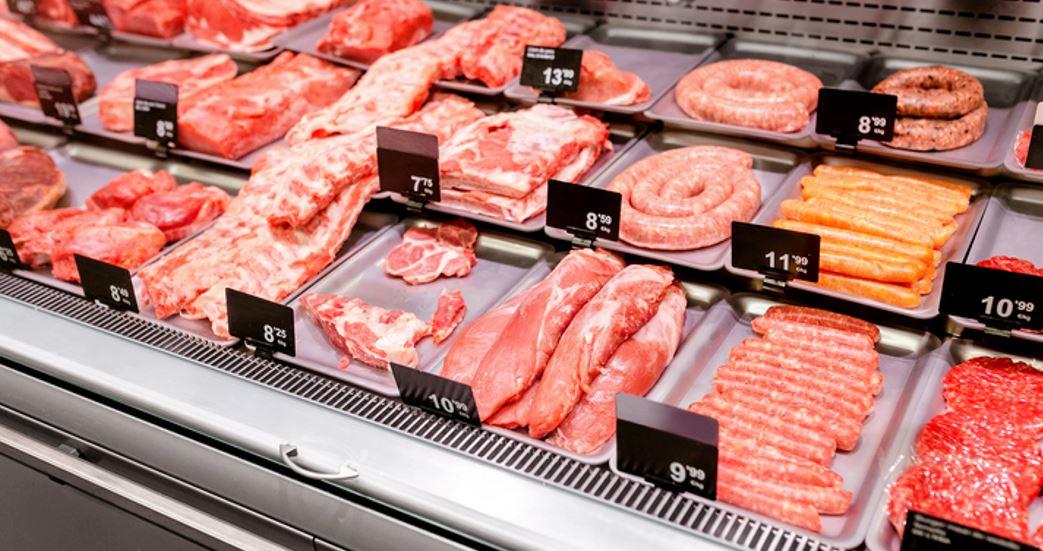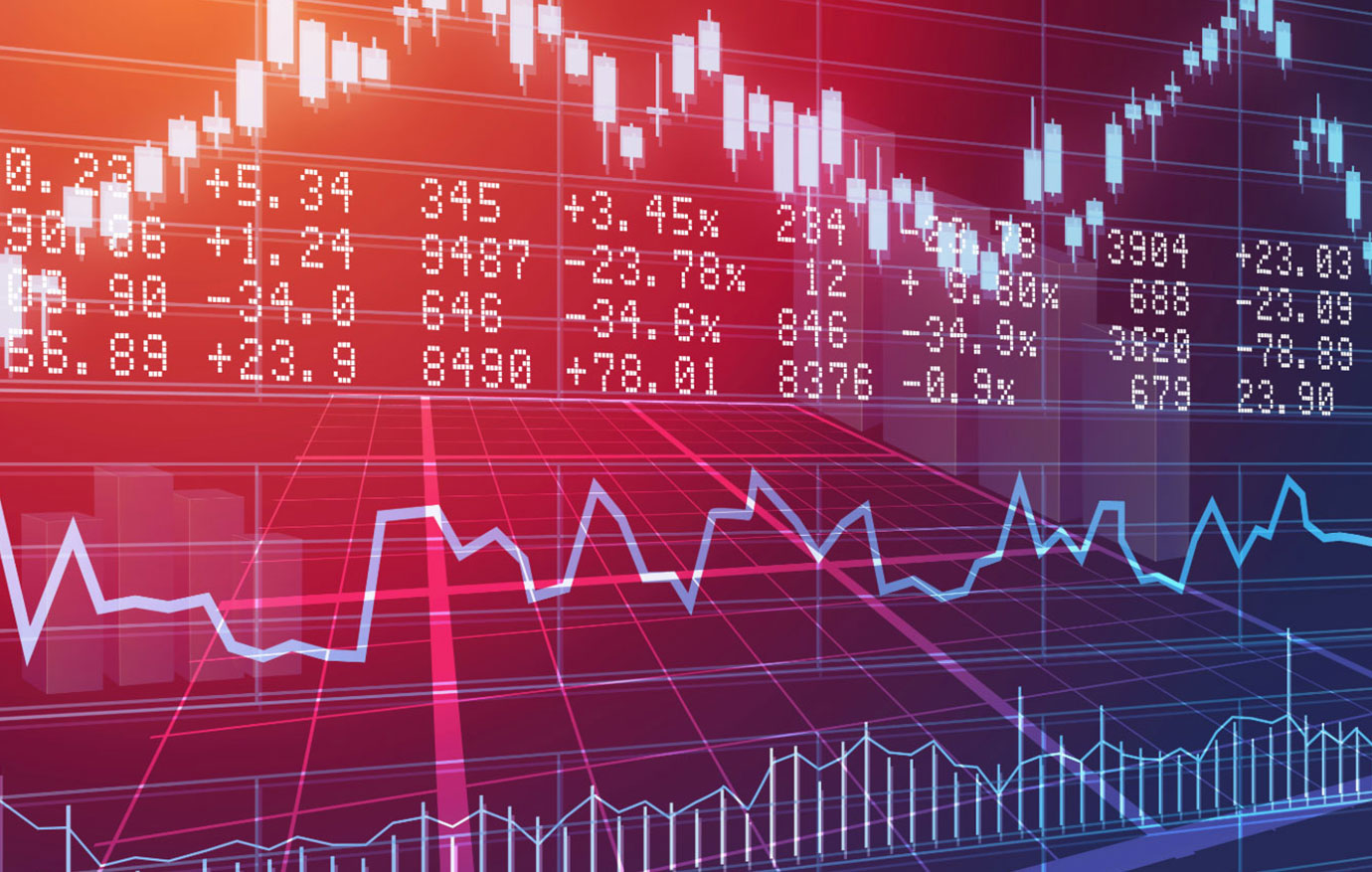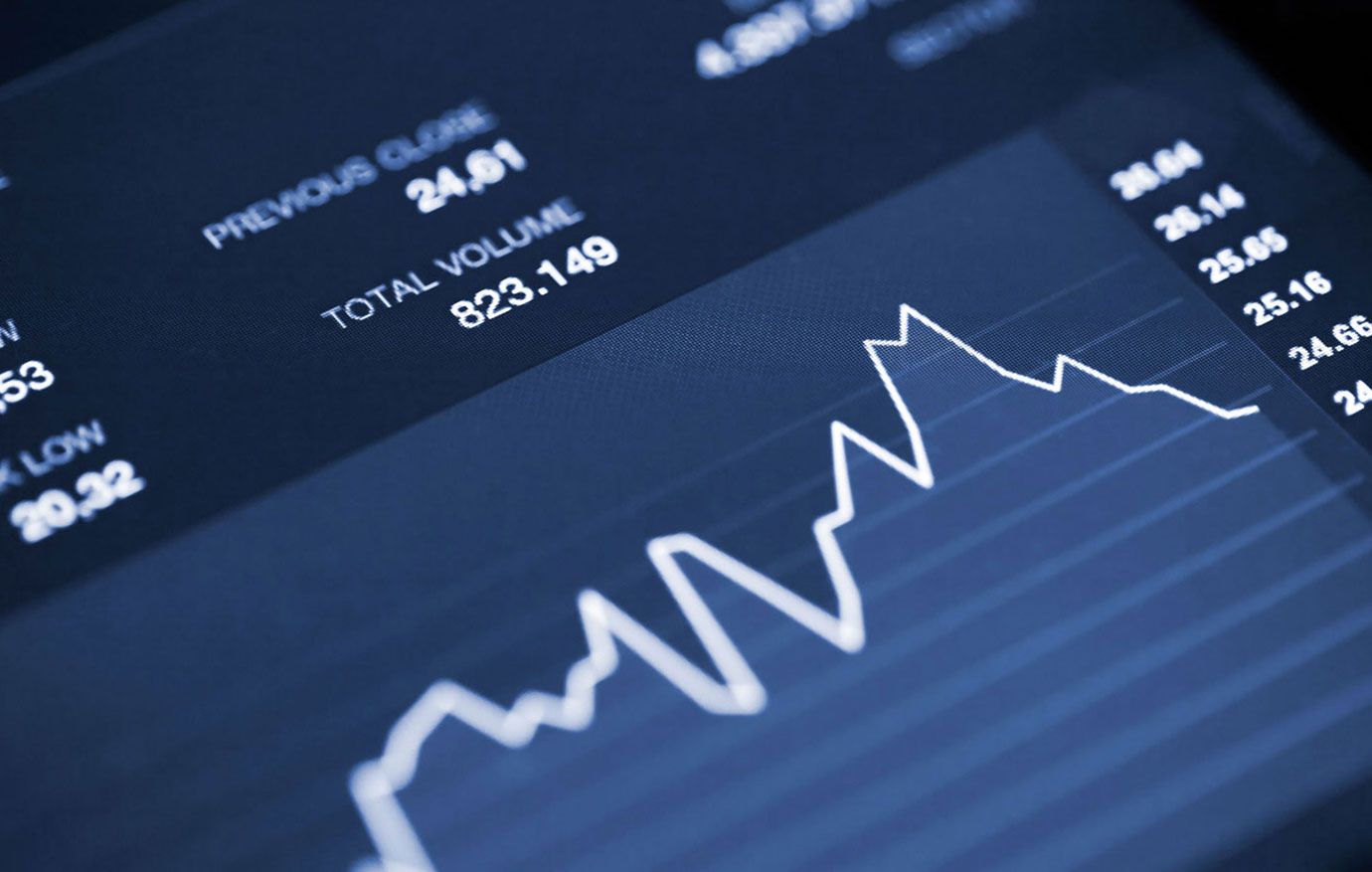
When Higher Prices Are Not Inflation
Back to 2020, the federal government’s covid-mandated shutdown of meat production plants hobbled the nation’s meat production capabilities, leaving farmers with nowhere to send their beef. This resulted in them having to cull cattle and other livestock. The uncertainty caused farmers to scale back their production at the time, which Arun Sundaram told CNBC “can affect production more than a year, year and a half down the road.”
Processing facilities had labor shortages like all other businesses, which reduced their capacity to process meat at the same clip as before the pandemic. Meanwhile, consumers regained their appetites for beef, forcing prices higher.
“You have this huge imbalance of supply and demand which is causing the prices to skyrocket,” Sundaram told CNBC Make It. “The demand side got even stronger as the months progressed in 2021, whereas the supply side of things got worse.”
The question is, is this inflation. Austrians would say no. These price increases are the normal process of a market clearing when supply, for whatever reason, isn’t satisfying all of the demand. Consumers who can and most desire the product will pay more for the limited supply.
Unfortunately, this normal market clearing is now being referred to as inflation and politicians are weaponizing the term against business. Jeanna Smialek writes for the New York Times, “As inflation proves stubbornly sticky, administration officials and prominent lawmakers have refined their message to focus more blame on corporations, especially those in concentrated industries with a handful of powerful firms, like meat processing or gas.”
Senator Elizabeth Warren has gone as far as writing the management of large businesses blasting them for “taking advantage of inflation to add greater burdens.”
Ludwig von Mises wrote in Planning For Freedom, “What people today call inflation is not inflation, i.e., the increase in the quantity of money and money substitutes, but the general rise in commodity prices and wage rates which is the inevitable consequence of inflation. This semantic innovation is by no means harmless.”
Government can create money with no backwash and at the same time blame businesses for increasing prices and harming consumers.
For instance, President Joe Biden has targeted large meat-packers for hiking meat prices, saying, “Capitalism without competition isn’t capitalism. It’s exploitation,” he said. “That’s what we’re seeing in meat and poultry.”
So his plan is to hand independent farmers $1 billion in aid. “We’re here to talk about strengthening competition, which will bring down costs,” Biden told a virtual meeting of independent farmers and meat producers.
Mises was decades ahead of the current president. “To prevent this outcome governments often grant subsidies to the farmers operating with the highest costs. These subsidies are financed out of additional credit expansion. Thus they result in increasing the inflationary pressure.”
The best thing Biden could do is nothing and let consumers pay higher prices, which would have no additional inflationary effect. Instead, as Mises quipped, “the allegedly brilliant idea to fight inflation by subsidies in fact brings about more inflation.”
Yet again we will learn Mises’s lesson, “If one wants to correct their manifest unsuitableness and preposterousness by supplementing the first acts of intervention with more and more of such acts, one must go farther and farther until the market economy has been entirely destroyed and socialism has been substituted for it.”



